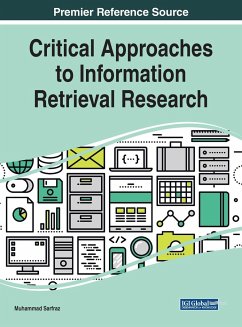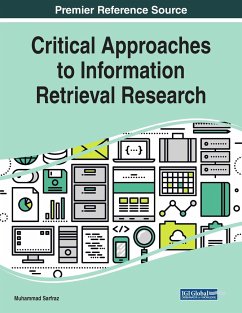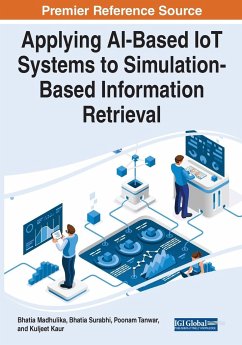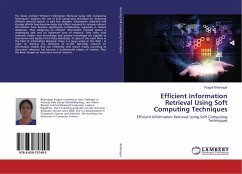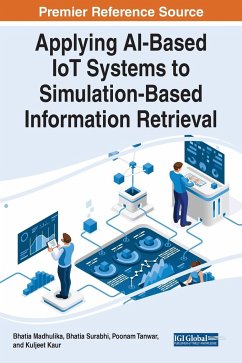Nicht lieferbar
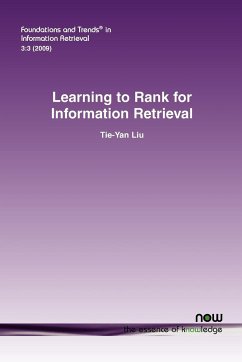
Learning to Rank for Information Retrieval
Learning to Rank for Information Retrieval is an introduction to the field of learning to rank, a hot research topic in information retrieval and machine learning. It categorizes the state-of-the-art learning-to-rank algorithms into three approaches from a unified machine learning perspective, describes the loss functions and learning mechanisms in different approaches, reveals their relationships and differences, shows their empirical performances on real IR applications, and discusses their theoretical properties such as generalization ability. As a tutorial, Learning to Rank for Information...
Learning to Rank for Information Retrieval is an introduction to the field of learning to rank, a hot research topic in information retrieval and machine learning. It categorizes the state-of-the-art learning-to-rank algorithms into three approaches from a unified machine learning perspective, describes the loss functions and learning mechanisms in different approaches, reveals their relationships and differences, shows their empirical performances on real IR applications, and discusses their theoretical properties such as generalization ability. As a tutorial, Learning to Rank for Information Retrieval helps people find the answers to the following critical questions: To what respect are learning-to-rank algorithms similar and in which aspects do they differ? What are the strengths and weaknesses of each algorithm? Which learning-to-rank algorithm empirically performs the best? Is ranking a new machine learning problem? What are the unique theoretical issues for ranking as compared to classification and regression? Learning to Rank for Information Retrieval is both a guide for beginners who are embarking on research in this area, and a useful reference for established researchers and practitioners.





